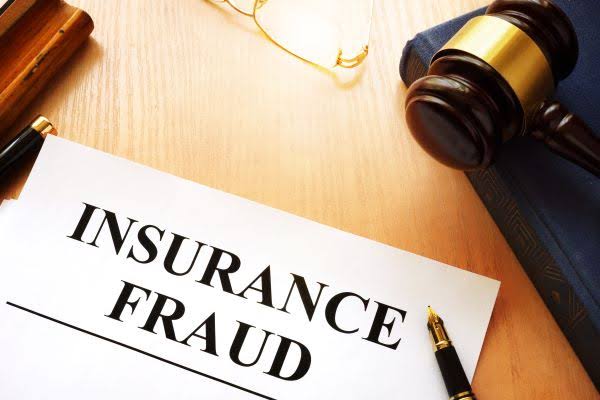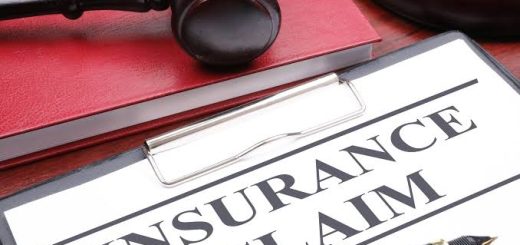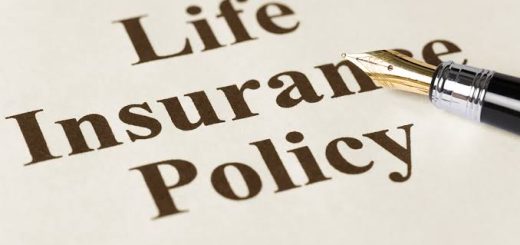Common Insurance Scams in Nigeria and How to Avoid Them
Let’s look at the common insurance scams in Nigeria and how to avoid them.
Insurance fraud sadly remains a common issue in Nigeria. Scammers target innocent citizens with fake insurance policies, false claims, and other tricks in order to unlawfully obtain money.
However, through education, vigilance, and by following insurance best practices, consumers can help protect themselves.
This article outlines the most prevalent insurance scams in the country, along with tips on how to steer clear of them.
POPULAR INSURANCE SCAMS IN NIGERIA
STAGED ACCIDENTS
One popular tactic fraudsters use is staging fake auto accidents to file false injury and vehicle damage claims. They purposefully crash into other cars and then place blame on the other driver. Sometimes they work with crooked medical clinics or auto repair shops to inflate medical bills and repair costs to extract the maximum payout.
Protect yourself by investing in dash cams and recording all interactions following an accident. Only work with reputable repair shops and get more than one estimate for vehicle repairs. Also document the scene with photos. Legitimate claimants have nothing to hide in terms of accident details and evidence.
FAKE POLICIES
Another common scam involves fraudsters posing as insurance company representatives and selling fake insurance policies. Victims think they are purchasing valid auto, health, or life insurance only to find out later the policies are phony. Fake policy holders typically realize the truth only when they file a substantial claim and it gets denied due to lack of coverage.
Always verify licenses and certification numbers with the National Insurance Commission when working with agents and brokers. Also contact insurers directly to authenticate policy documents and account statuses. Reputable providers will openly share verification details with customers.
PREMIUM DIVERSION
Some fraudsters will convince customers to pay policy premiums in cash to divert funds. They primarily target lower income individuals who deal mostly in cash instead of checks or money orders which leave paper trails. They take the cash without applying any money toward active insurance plans, leaving their clients uninsured.
Avoid premium scams by reviewing payment receipt details and following up with insurance providers directly to validate they received funds. Additionally, make premium payments using traceable methods like checks, credit cards, or mobile transfers.
EXAGGERATED LOSS CLAIMS
Unscrupulous policy holders sometimes inflate loss amounts when filing claims. For example, an individual whose home gets burglarized might boost the report of stolen items to receive bigger insurance reimbursements. However, insurance companies thoroughly vet claims, hire loss adjusters, and have strict verification standards.
Maintain thorough documentation and proof when insuring valuables to avoid claim padding temptations. Also provide legitimate estimates from licensed contractors when filing property damage claims. Getting caught exaggerating losses constitutes fraud.
HOW TO REPORT INSURANCE SCAMS IN NIGERIA
Do you know that insurance fraud drains Nigeria’s economy of billions of naira each year?
Reporting scams when you encounter them helps protect other citizens while deterring criminals.
Multiple outlets exist for reporting fraud depending on the type and details.
This article provides a step-by-step guide on proper reporting channels.
THE NATIONAL INSURANCE COMMISSION
The National Insurance Commission (NAICOM) serves as the primary regulator of Nigeria’s insurance industry. Contact NAICOM to report any scams or fraud committed by licensed Nigerian insurance companies, brokers, agents, or other registered operators like loss adjusters or risk surveyors.
TO REPORT TO NAICOM:
- Gather details on the incident like policy numbers, claim numbers, names, dates, and specific fraudulent actions.
- Visit NAICOM’s website (naicom.gov.ng) and download a Complaint Form. Submit it along with supporting documents on their Complaints Portal.
- You can also email complaints directly to NAICOM’s Complaints Department at complaints@naicom.gov.ng. Include “Insurance Fraud Notification” in the subject line.
- If preferred, send complaint letters with documentation via courier or registered mail directly to NAICOM headquarters in Abuja.
THE ECONOMIC AND FINANCIAL CRIMES COMMISSION
The Economic and Financial Crimes Commission (EFCC) investigates wider scales of financial crimes including insurance scams utilizing foreign or shell companies.
TO REPORT FRAUD TO THE EFCC:
- Gather pertinent data points and documents on the insurance fraud case.
- Visit an EFCC office in person to provide a written statement and copies of any evidence.
- You can also report insurance fraud online at the EFCC website (efccnigeria.org).
- Call EFCC’s hotline at +2348093322644.
- Submit tips anonymously via EFCC’s confidential email at info@efccnigeria.org.
THE NIGERIAN POLICE FORCE
Insurance fraud classified as obtaining money under false pretences falls under local police jurisdiction. Report such cases not involving specialized financial operators or companies to the Nigerian Police Force.
TO NOTIFY THE POLICE:
- Visit your nearest police station in person to fill out an Incident Report and provide documentation.
- Submit a written statement via registered postal mail if unable to visit a police station.
- Contact your local authorities for additional guidance on insurance fraud reporting procedures in your jurisdiction.
All Nigerian citizens need to participate actively in reporting insurance scams. Following the proper notification channels through regulators like NAICOM and the EFCC ensures incidents get adequately investigated while helping prevent financial harm to innocent parties.
TIPS ON HOW TO AVOID INSURANCE SCAMS IN NIGERIA
I know it might be painful to fall into the path of scammers looking for who to pay. Don’t worry, there are ways to avoid these fraudsters.
Here are some additional tips to protect against insurance fraud:
- Work only with licensed Nigerian insurance companies that come highly recommended. Check reviews and ratings.
- Avoid unsolicited calls or emails offering deals sounding too good to true.
- Never pay premiums in cash without obtaining validated receipt records.
- Review policy documents thoroughly and ask questions up front to understand coverages.
- Obtain everything in writing throughout any claims processes.
- If contacted regarding accidents or losses not involving you directly, hang up and alert authorities.
CONCLUSION
Insurance fraudsters in Nigeria employ a wide variety of tactics to unlawfully obtain claim payouts and premium dollars.
However, following consumer best practices like verifying licenses, obtaining paper trails, researching companies, and avoiding suspicious offers helps protect against cons.
Being informed on common insurance tricks also helps everyday citizens steer clear of popular scams when it comes to insurance in Nigeria.
Considering the risks involved, taking proactive measures provides essential peace of mind.



